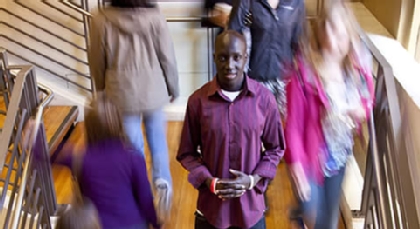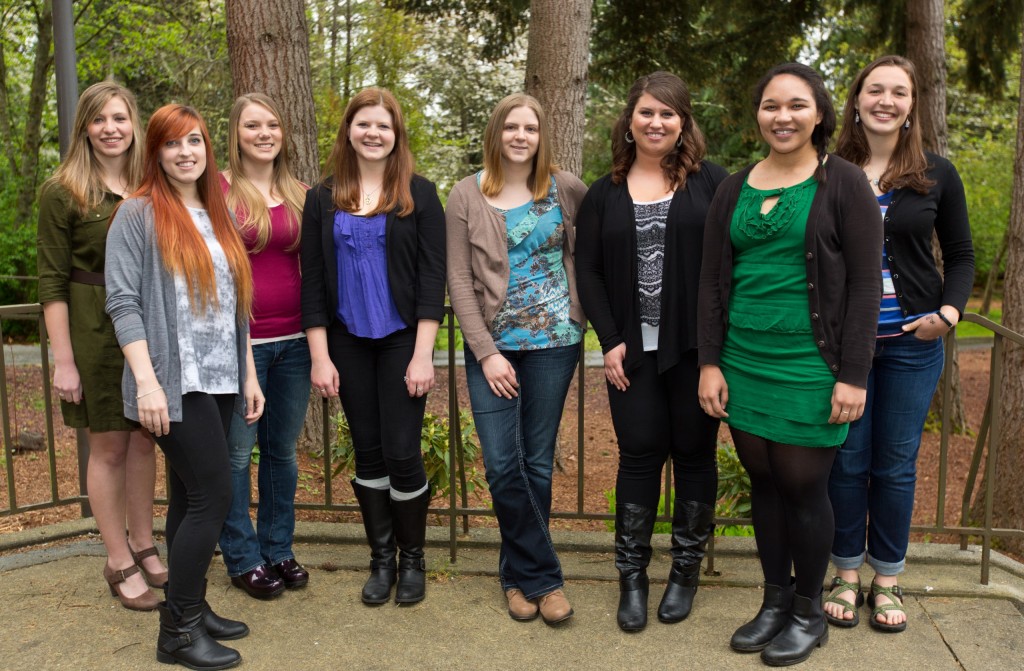Page 111 • (1,105 results in 0.067 seconds)
-

Kakuma Refugee Camp in Kenya. It’s a place nearly 100,000 refugees have called home. In Swahili the word Kakuma means “nowhere.” Eventually, programs organized by the United Nations and the United States enabled some of the “Lost Boys” to be moved from Kakuma to America. “The Lost Boys of Sudan” earned their name from the story of Peter Pan – all of their parents were either killed or separated from them. These boys who had lived a harder life than most men, hurried to apply for relocation. Getting
-

PLU’s Healthcare-Focused Majors and Academic Programs, Please Visit: School of Nursing | School of Nursing Facebook Pre-Professional Health Sciences | Department of Biology Division of Social Sciences | Department of Psychology Read Previous PLU Puts Its Own Face on National Campaign: It’s On Us to Stop Sexual Assault Read Next PLU Contingent Faculty Withdraw Election Petition COMMENTS*Note: All comments are moderated If the comments don't appear for you, you might have ad blocker enabled or are
-
millions of dollars worth of research and prevention programs throughout the world. The list of such new “global health” projects goes on and on, with new ones coming on line all the time. But success always brings with it the seeds of failure. There are lots of reasons why these attempts to improve the health of the world’s poorest might fail. There are just as many reasons to hope they succeed, if only because failure on this front would be to accept ongoing tragedy and disenfranchisement for one
-

peace, Feller said; individually each student has taken a unique path, exploring varying majors, Study Away programs, fieldwork, service, training and hands-on facilitation. “These eight women are special given their capacities for peace-building and the strength gained from working together,” Feller said. “They also are special because they possess a combination of traits vital to this work: confidence, drive, empathy, flexibility, interdisciplinary knowledge, communication competence and patience
-

Fellowship Founded in the mid-19th century, the Young Men’s Christian Association (YMCA) grew rapidly in the early decades of the 20th century. During this period, the YMCA built facilities and offered programs that would develop the “mind, body and spirit” of young men—most of them white and middle-class. During the 1940s and 1950s, the YMCA increasingly served women, children, nonwhites and non-Christians. This broadening of scope demonstrated the YMCA’s adaptability and ultimately led to the 2010
Do you have any feedback for us? If so, feel free to use our Feedback Form.


